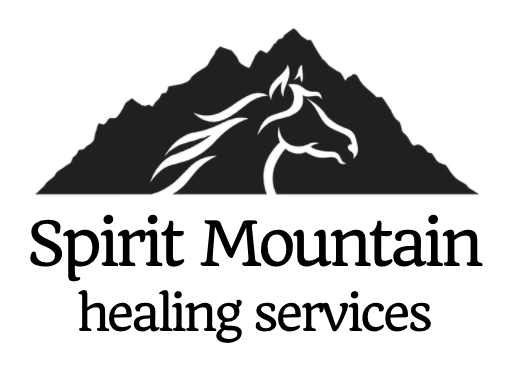EAL Enhances Mental and Physical Well-Being
Beyond their roles in transportation, farming, and sport, horses offer a unique form of therapy known as equine assisted learning (EAL). While traditionally recognized for its positive impacts on mental health, recent studies have revealed an intriguing connection between working with horses and improvements in physical well-being. Let’s delve into how the therapeutic presence of horses can synergistically enhance both mental and physical health.
The Mental Health Benefits
1. Emotional Regulation
Interacting with horses fosters a sense of calm and emotional regulation. Horses are highly perceptive to human emotions and respond with empathy and understanding, providing a safe space for individuals to process their feelings without judgment. Through interacting with them or simply being in their presence, people often experience reduced stress levels.
2. Increased Self-Awareness
Horses mirror human behavior, making it easier for individuals to recognize and understand their own emotions and patterns of behavior. This self-awareness is crucial for personal growth and development, empowering individuals to make positive changes in their lives and relationships.
3. Building Trust and Confidence
Developing a bond with a horse requires trust and patience. As you learn to communicate effectively with horses, you also develop confidence in your own abilities. Overcoming even simple challenges posed by EAL activities translates to increased self-esteem and a greater sense of accomplishment.
4. Mindfulness and Presence
Horses live in the present, and their peaceful presence encourages individuals to do the same. Engaging in activities with them requires focus and concentration, leading to a heightened sense of mindfulness and awareness of oneself and surroundings.
The Physical Health Benefits
1. Improved Cardiovascular Health
Working with horses can involve physical activities such as grooming, riding, and leading. These activities provide a moderate form of exercise that can improve cardiovascular health, increase stamina, and lower blood pressure. Even the simple task of standing for extended periods of time while you interact can contribute to overall physical fitness.
2. Enhanced Balance and Coordination
Riding a horse requires balance, coordination, and core strength. As individuals engage in equestrian activities, they naturally improve their balance and coordination skills, leading to better posture and overall physical stability.
3. Muscle Strengthening
Over time, regular horseback riding can lead to improved muscle tone and strength. Additionally, activities such as grooming and leading require physical exertion, contributing to overall muscle development.
4. Stress Reduction
Physical activity, such as spending time outdoors and engaging in gentle exercise, has been shown to reduce stress levels and promote relaxation. And the serene environment of a pasture coupled with the calming presence a horse provides creates an ideal setting for physical rejuvenation.
The therapeutic benefits of working with horses through EAL extend beyond mental health improvement to encompass physical well-being as well. The bond between humans and horses transcends language and cultural barriers, offering a universal form of healing and connection. Whether you're seeking relief from stress and anxiety or looking to improve your physical fitness, consider harnessing the power of EAL. To learn more, contact Spirit Mountain Healing Services at 480-988-2165 or michelle.spiritmountain@gmail.com.
